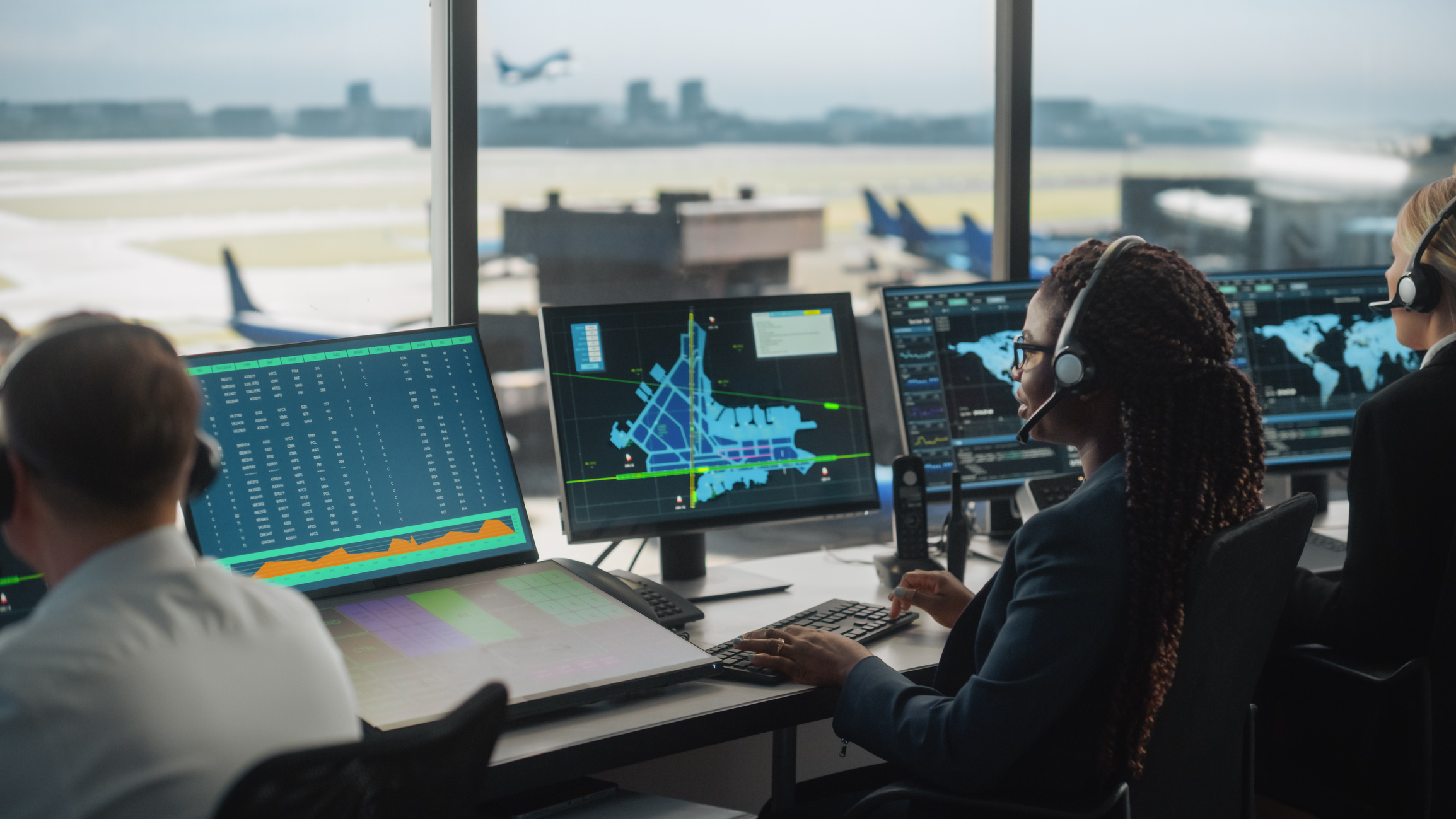DGCA moves to reduce rest time between duty cycles of air traffic controllers

Vijay Mohan
Chandigarh, June 18
Revising the duty time limitations and rest requirements for air traffic controllers, the Directorate General of Civil Aviation (DGCA) has proposed to cut down the interval time between two consecutive shifts.
The earlier single provision of an interval of at least 12 hours between the end of duty period and the beginning of the next duty period has now been reworked into three segments.
For airports having more than 100 aircraft movements per day, the proposed interval is 11 hours and for airports having more than 30 but less than 100 aircraft movements, the interval would be seven hours. At other airports, it would be five hours.
DGCA rules stated that no operational duty shall exceed two hours without taking a break of not less than 30 minutes. The Civil regulator is now proposing that no period of operational duty shall exceed two hours except during the period from 2300 hours to 0600 hours. During this period operational duty shall not exceed four hours. At airports having less than four aircraft movements the duty period shall not exceed eight hours.
Air traffic controllers are ground-based service providers based at airports that monitor aircraft movements within designated air spaces, guide them on take-off and landing and issue navigation related advisories during the cruise phase. The job is among the most stressful among all professions.
The minimum period of 48 hours between the end of the night duty cycle and the next duty roister is being reduced to 46 hours for busy airports and to 29 hours for airports having less than 100 aircraft movements per day.
The period of night duty has also been redefined from 0001 hours to 0429 hours at all Indian airports. Earlier it was 0130 hours to 0529 hours except in the north-eastern states, where it was 1230 hours to 0429 hours.
Authorities at an air traffic control can temporarily modify the duty hours limitations to overcome any unforeseen circumstances in the interest to safety and effectiveness.
In addition to existing circumstances factors like adverse weather, equipment malfunction and runway closure, factors like natural calamity, medical emergency and national requirement for relief and rescue operations have been included as unforeseen circumstances.